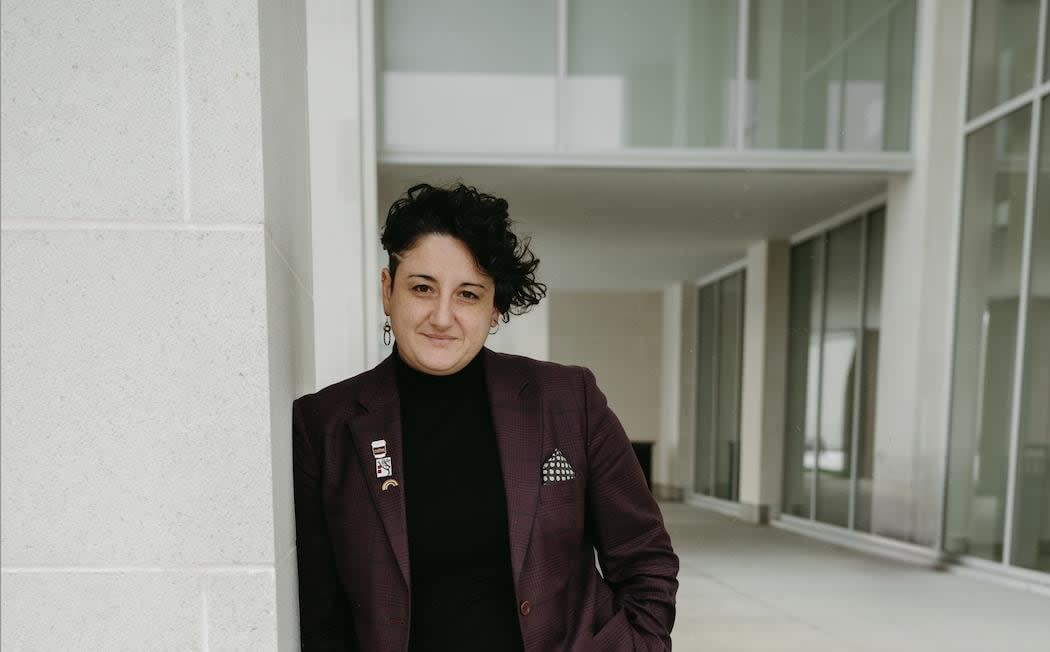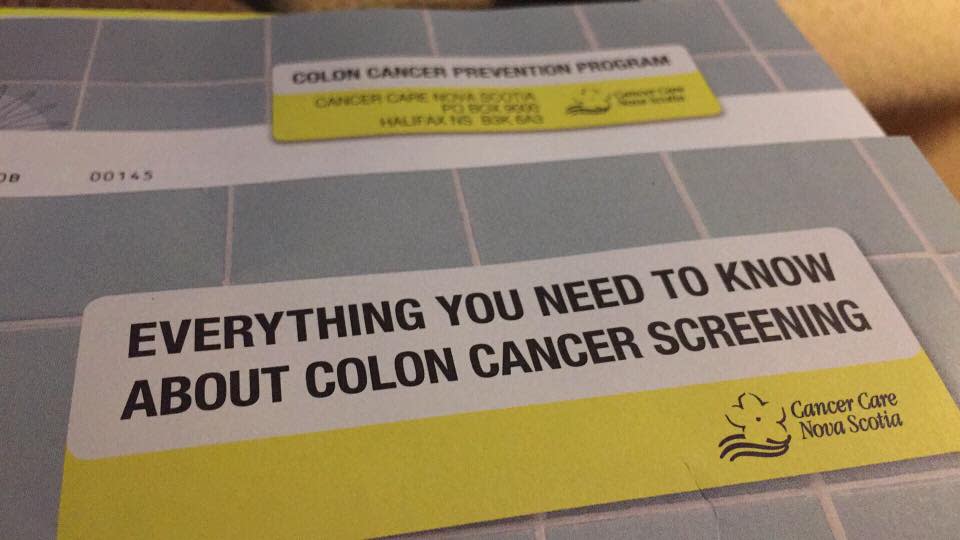Rate of colon cancer screening in N.S. is very low. This researcher is determined to find out why

A researcher at St. Francis Xavier University in Antigonish is trying to figure out why Nova Scotia's program to screen for colon cancer has such low participation rates.
The screening system has been in place for nearly 15 years, and in that time has found more than 10,000 pre–cancerous growths and over 800 cases of cancer, according to the Nova Scotia Health website.
Despite that, only 42 per cent of people who qualify actually do the test.
"This is something we really need to address," said Arlinda Ruco, an assistant professor in the interdisciplinary health program at St. FX.
Test kits are automatically sent out to Nova Scotians with health cards when they turn 50. They receive them every two years until they're 75.
The tests require people to collect a stool sample on a tiny stick and place it in a vial of liquid that must be returned to a medical lab. The samples are checked for blood, which could indicate polyps — or growths — in the colon, which is part of the large intestine. Those patients are flagged for more testing, which is often a colonoscopy and removal of polyps as they can eventually become cancerous.
Ruco says the requirement for a stool sample creates an "ick and yuck" factor that is likely holding people back.
"But the other thing to consider is that this is a test that can be done at home. Which also has some advantages as opposed to having to go a primary care providers office or to a hospital to do."

People receive their first kits when they turn 50 in Nova Scotia, and are asked to test every two years after that. (Submitted by Donna Hatt)
Dr. Helmut Hollenhorst, the province's director of cancer care, says any effort to encourage more people to do the screening will help.
He says they send out 180,000 kits a year. Their goal is to get at least 60 per cent of them back to the lab.
That jump in return rates could make a big difference for patients and the health care system, he said.
"The chance for cure is much, much higher compared to being diagnosed as an advanced-stage cancer."
Ruco has been given a grant worth nearly $600,000 from the Canadian Cancer Society to establish a team that will spend five years poring over data and reaching out to community groups. Her goal is to figure out who is skipping the test and why.
"We can look at whether or not the cancer screening participation rates vary from people who are low income versus higher income, urban versus rural residents."
She says existing data in Nova Scotia is also unique because the province allows people to identify their race if they want to. Ruco says that information could also determine the direction of the project.
"If you're not doing it, we want to understand why. There may be opportunities with this grant to speak to the public or to potential screening participants to better understand those reasons."
MORE TOP STORIES

